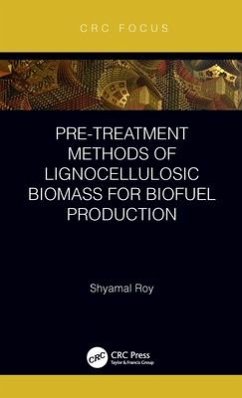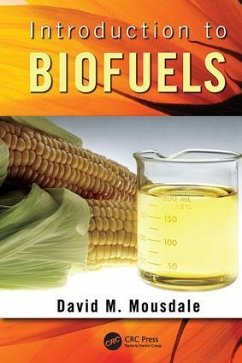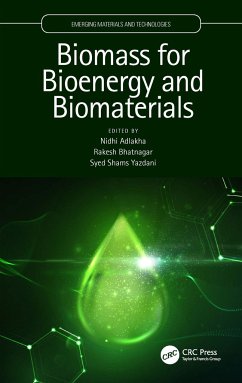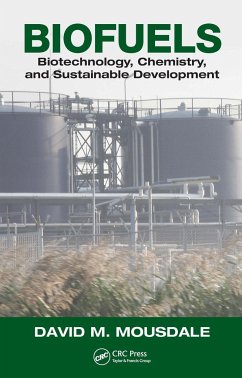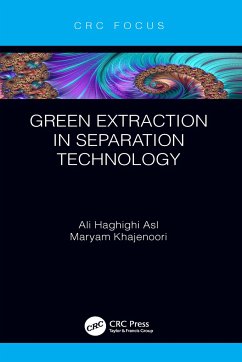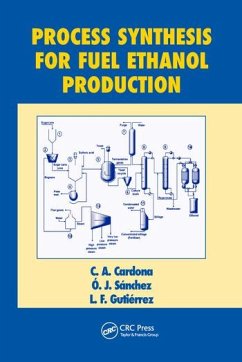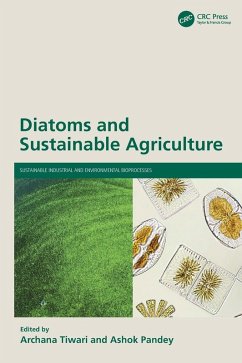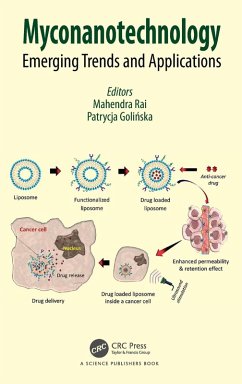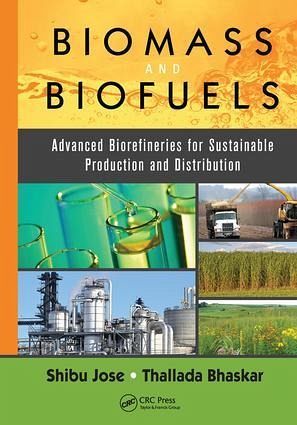
Biomass and Biofuels
Advanced Biorefineries for Sustainable Production and Distribution
Herausgeber: Jose, Shibu; Bhaskar, Thallada
Versandkostenfrei!
Versandfertig in 1-2 Wochen
74,99 €
inkl. MwSt.

PAYBACK Punkte
37 °P sammeln!
The long-held tenets of the energy sector are being rewritten in the twenty-first century. The rise of unconventional oil and gas and of renewables is transforming our economies and improving our understanding of the distribution of the world's energy resources and their impacts. A complete knowledge of the dynamics underpinning energy markets is necessary for decision-makers reconciling economic, energy, and environmental objectives. Those that anticipate global energy developments successfully can derive an advantage, while those that fail to do so risk making poor policy and investment deci...
The long-held tenets of the energy sector are being rewritten in the twenty-first century. The rise of unconventional oil and gas and of renewables is transforming our economies and improving our understanding of the distribution of the world's energy resources and their impacts. A complete knowledge of the dynamics underpinning energy markets is necessary for decision-makers reconciling economic, energy, and environmental objectives. Those that anticipate global energy developments successfully can derive an advantage, while those that fail to do so risk making poor policy and investment decisions. Focused on solving the key challenges impeding the realization of advanced cellulosic biofuels and bioproducts in rural areas, Biomass and Biofuels: Advanced Biorefineries for Sustainable Production and Distribution provides comprehensive information on sustainable production of biomass feedstock, supply chain management of feedstocks to the biorefinery site, advanced conversion processes, and catalysts/biocatalysts for production of fuels and chemicals using conventional and integrated technologies. The book also presents detailed coverage of downstream processing, and ecological considerations for refineries processing lignocellulosic and algal biomass resources. Discussions of feedstock raw materials, methods for biomass conversion, and its effective integration to make biorefinery more sustainable - economically, environmentally, and socially - give you the tools to make informed decisions.






